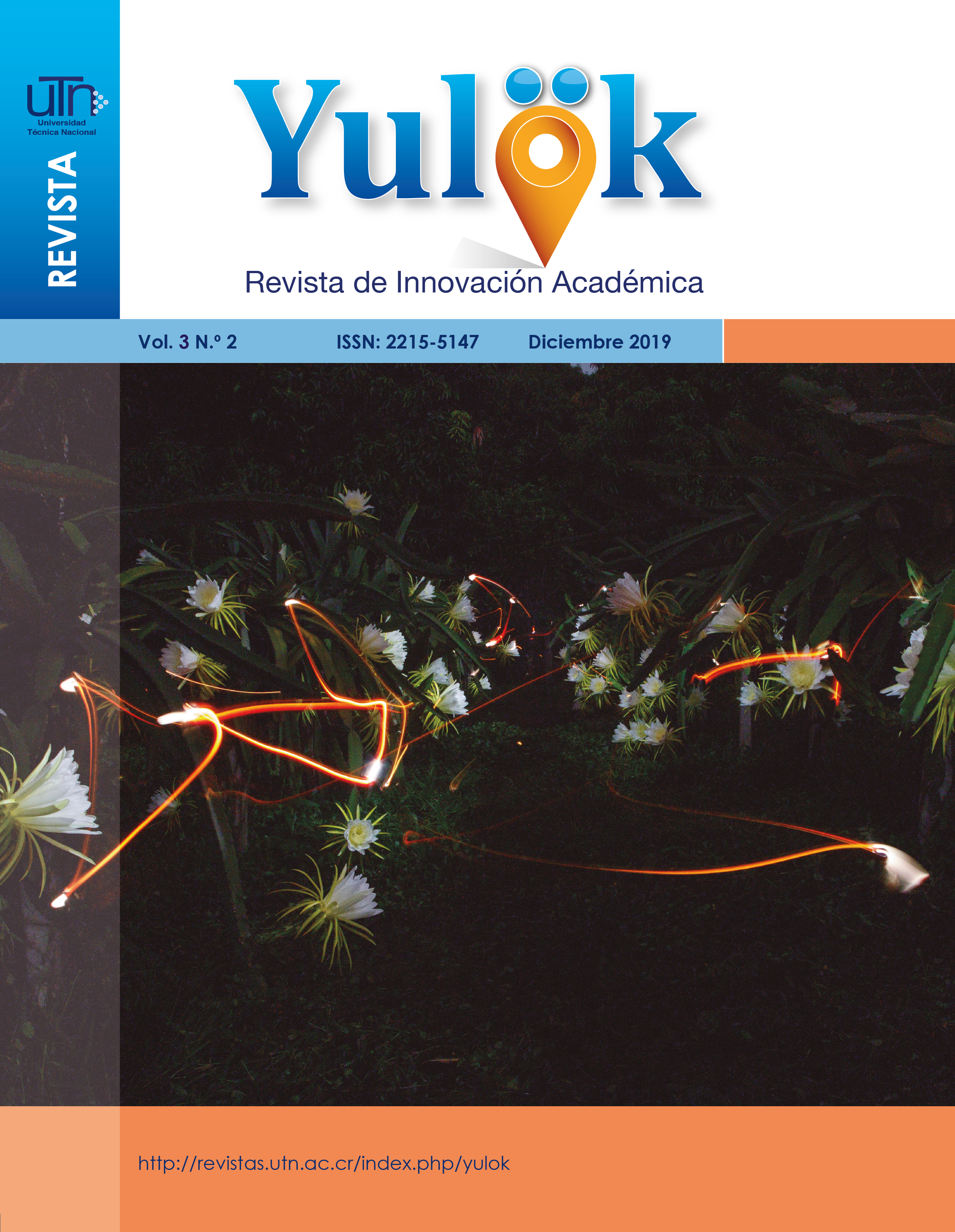Recoverable waste opportunity for everyone
Main Article Content
Abstract
This document shows the reader about the opportunity that exists with organic and inorganic wastes that are in the environment and society in general. Inorganic waste can be used to transform itself into new assets that contribute to the recycling principle, as well as encouraging economic reactivation, so that people at social risk can be included in the labor market. It is necessary to know a little about these types of projects that are established in community collection
centers, in this case the Municipality of Poás in which they do a whole process and treatment of waste. It should be
noted that there are ways to add greater profitability to this type of project, in which inorganic materials can be used to promote the agribusiness and, eventually, collaborate with reducing the amount of chemical inputs in territories and
agricultural plots.
Article Details

This work is licensed under a Creative Commons Attribution-NonCommercial-ShareAlike 4.0 International License.
Todos los artículos publicados están protegidos con la licencia Creative Commons Atribución-NoComercial-CompartirIgual 4.0 Internacional
![]()
How to Cite
References
Baud, J. (2015). Preparación para la certificación ITIL Foundation V3: ITIL V3-2011. Barcelona: ENI.
Bolsa del Comercio de Córdoba. (2013). Encadenamientos productivos, algunos aspectos teóricos. Recuperado de http://www.bolsacba.com.ar/img0/balances_arg/BEA_2004.pdf
Calderón, G., Castaño, G. (2005). Investigación en administración en América Latina: Evolución y resultados. Universidad Nacional Colombia: Colombia
Careaga, J. (1993). Manejo y reciclaje de los residuos de envases y embalajes. SEDESOL: México.
Dirección de Investigación y Extensión de Caña de Azúcar de Costa Rica. (2013). Estudio de viveros y fincas de agricultores. Recuperado de http://talentocr.conicit.go.cr/vivo/research#http://purl.org/ontology/bibo/AcademicArticle%20
Gupta, P., Sri, A. (2016). Seis Sigma sin Estadística: Enfoque en la búsqueda de las mejoras inmediatas. eBooks2go, Inc.
Groover, M. (1997). Fundamentos de Manufactura Moderna. Materiales, procesos y sistemas. Pearson: México
Kume, H., Vasco, E., Kume, H. (1992). Herramientas estadísticas básicas para el mejoramiento de la calidad. Editorial Norma.
Muñoz, D. (2009). Administración de operaciones. Enfoque de administración de procesos de negocios. Cengage: Mexico
Pruna, M., Torre-Marín, G. (2005). Desarrollo sostenible (Vol. 92). Univ. Politèc. de Catalunya.
Serrano, R. (2007). El régimen jurídico de los de los residuos de envases. DYKINSON: España
Torres, H. (1987). Curso de comercialización agropecuaria. Publicaciones: México
Fotografía del Proceso de HDPE Molido (03 de marzo del 2019). ACTECO. España Recuperado de https://www.acteco.es/reciclado-de-plastico/
Fotografía de basura reciclable (03 de marzo del 2019). DepositPhotos. México Recuperado de https://mx.depositphotos.com/151577248/stock-illustration-recycling-garbage-organic-food-trash.html

